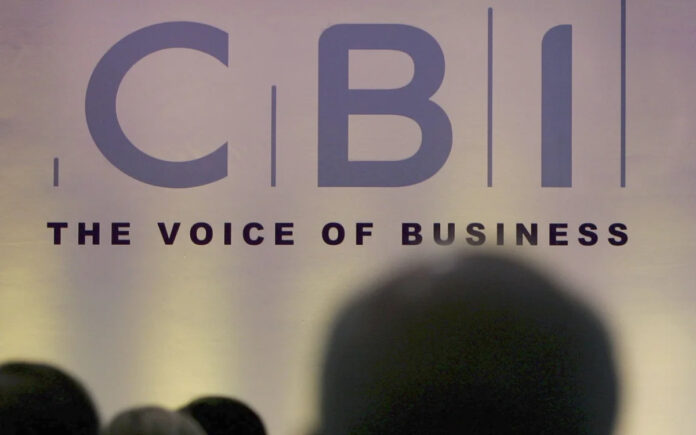London: The Confederation of British Industry (CBI) has sounded the alarm over the impact of the £25 billion ($31 billion) tax rise announced in last month’s budget, warning it will deter investment, limit wage growth, and reduce staffing levels.
Ahead of its annual conference, the CBI revealed survey findings showing 61% of its members view the UK as a less attractive destination for investment. Nearly half of respondents plan to cut jobs or scale back pay increases, citing the significant increase in employers’ National Insurance contributions and other financial pressures.
“The rise in National Insurance and the stark lowering of the threshold caught us all off guard,” said CBI Chief Executive Rain Newton-Smith. “Set alongside the expansion and rise of the National Living Wage, and the potential cost of the Employment Rights Bill changes, they put a heavy burden on business.”
A Concerned Business Community
The CBI’s statement comes as Britain faces growing signs of an economic slowdown. Businesses, particularly in retail and hospitality, which employ large numbers of low-paid staff, are feeling the strain from the tax and wage increases.
Finance Minister Rachel Reeves introduced the sweeping tax increases—totalling £40 billion—in Labour’s first budget in over a decade. The measures aim to fund public services and close a £22 billion fiscal gap. Reeves assured Parliament there would be no immediate need for further tax hikes. However, the Office for Budget Responsibility (OBR) expressed concerns, highlighting limited fiscal flexibility to manage unexpected borrowing costs without compromising debt reduction targets.
Newton-Smith urged policymakers to consider the broader implications of reduced corporate profitability. “Profit’s not a bad thing. It’s not a dirty word,” she emphasized, warning that diminished earnings would directly impact businesses’ ability to invest.
Also Read | Air New Zealand Projects Lower H1 2025 Earnings Amid Persistent Engine Issues
A Call for Action
The CBI highlighted Britain’s persistently low levels of investment compared to international standards, which many economists cite as a critical factor in the country’s lagging productivity. Newton-Smith also argued that while Labour’s policies have brought greater economic stability, stability alone cannot drive growth.
“Tax rises like this must never again be simply done to business,” she cautioned.
Also Read | Intel’s $8.5 Billion Chips Grant Faces Reduction Under US Plans: Report
As businesses brace for the consequences of these fiscal changes, the UK faces the challenge of balancing economic stability with sustained growth and investment.



